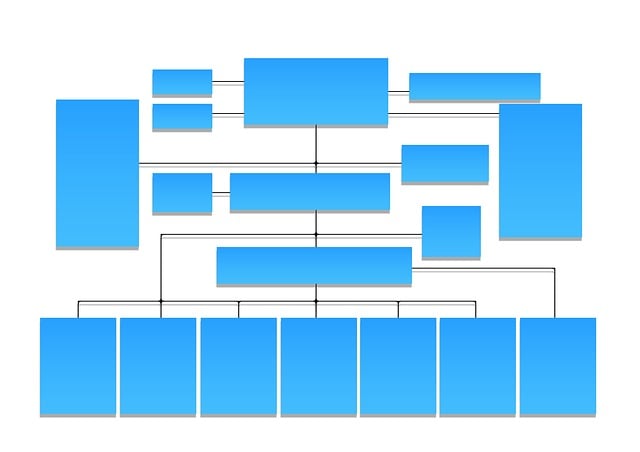In real estate, lease agreements are key legal documents outlining terms between landlords and tenants, covering rent amounts, duration, payment methods, maintenance, occupancy, and dispute resolution. Effective rent collection relies on clear agreements, regular communication, and technology for tracking payments. Lease enforcement involves understanding legal rights and responsibilities, with alternative dispute resolution methods like mediation or arbitration preferred over litigation to maintain healthy landlord-tenant relationships in a competitive market.
In the dynamic realm of real estate, effective rent collection and lease enforcement are cornerstones of successful property management. This comprehensive guide delves into the intricacies of understanding and navigating lease agreements, equipping professionals with vital strategies to optimize revenue. From deciphering key components and terms to implementing robust collection methods, we explore practical approaches. Additionally, we dissect legal considerations and dispute resolution techniques, providing insights crucial for maintaining a seamless and enforceable leasing process in the competitive real estate market.
Understanding Lease Agreements: Key Components and Terms

In the real estate sector, lease agreements are foundational to establishing a clear understanding between landlords and tenants. These legal documents detail the rights and responsibilities of both parties, ensuring a smooth tenancy experience. Key components include rental amount, duration of stay, payment terms, maintenance obligations, and rules for occupancy and subletting. Understanding these clauses is vital for tenants to avoid unforeseen issues and for landlords to protect their investments.
Lease agreements may also contain provisions for dispute resolution, late fee structures, and consequences for breaching the contract. Familiarizing oneself with these terms empowers both individuals to navigate their real estate transactions effectively. Tenants should scrutinize each clause, while landlords must ensure transparency in order to foster a fair and productive relationship.
Strategies for Effective Rent Collection in Real Estate

In the real estate sector, effective rent collection is paramount for maintaining a healthy cash flow and ensuring property owners’ investments are secure. A multi-pronged approach is often the most successful strategy. First, establishing clear and transparent lease agreements from the outset sets a strong foundation. These contracts should outline payment terms, late fees, and any other relevant details to avoid misunderstandings. Regular communication with tenants is also key; sending friendly reminders before due dates can nudge tardy payers into timely payments.
Additionally, implementing robust tracking systems for rent payments allows property managers to quickly identify and address any delinquencies. This might include using specialized software to automate rent collection, setting up online payment portals, or offering digital options like mobile payments. These modern solutions enhance convenience for tenants while providing real-time data for property owners to monitor financial health and take necessary actions.
Legal Considerations and Resolving Disputes in Lease Enforceability

In the realm of real estate, ensuring lease agreements are enforced effectively is paramount for landlords and property managers. Legal considerations play a crucial role in this process, as each jurisdiction has its own set of laws governing tenancy and rental contracts. These regulations dictate the rights and responsibilities of both parties, establishing a framework for dispute resolution when breaches occur. For instance, understanding rent collection deadlines, notice periods for termination, and eviction procedures is essential to avoid legal complications.
When disputes arise regarding lease enforcement, whether it’s about non-payment of rent, damage to property, or breaches of contract, landlords must have a strategy to resolve them promptly. Many real estate professionals opt for mediation or arbitration as alternative dispute resolution methods, which can be more cost-effective and efficient than traditional litigation. These processes allow for mutually agreeable solutions while adhering to legal boundaries, ultimately fostering healthier landlord-tenant relationships within the dynamic landscape of real estate.






